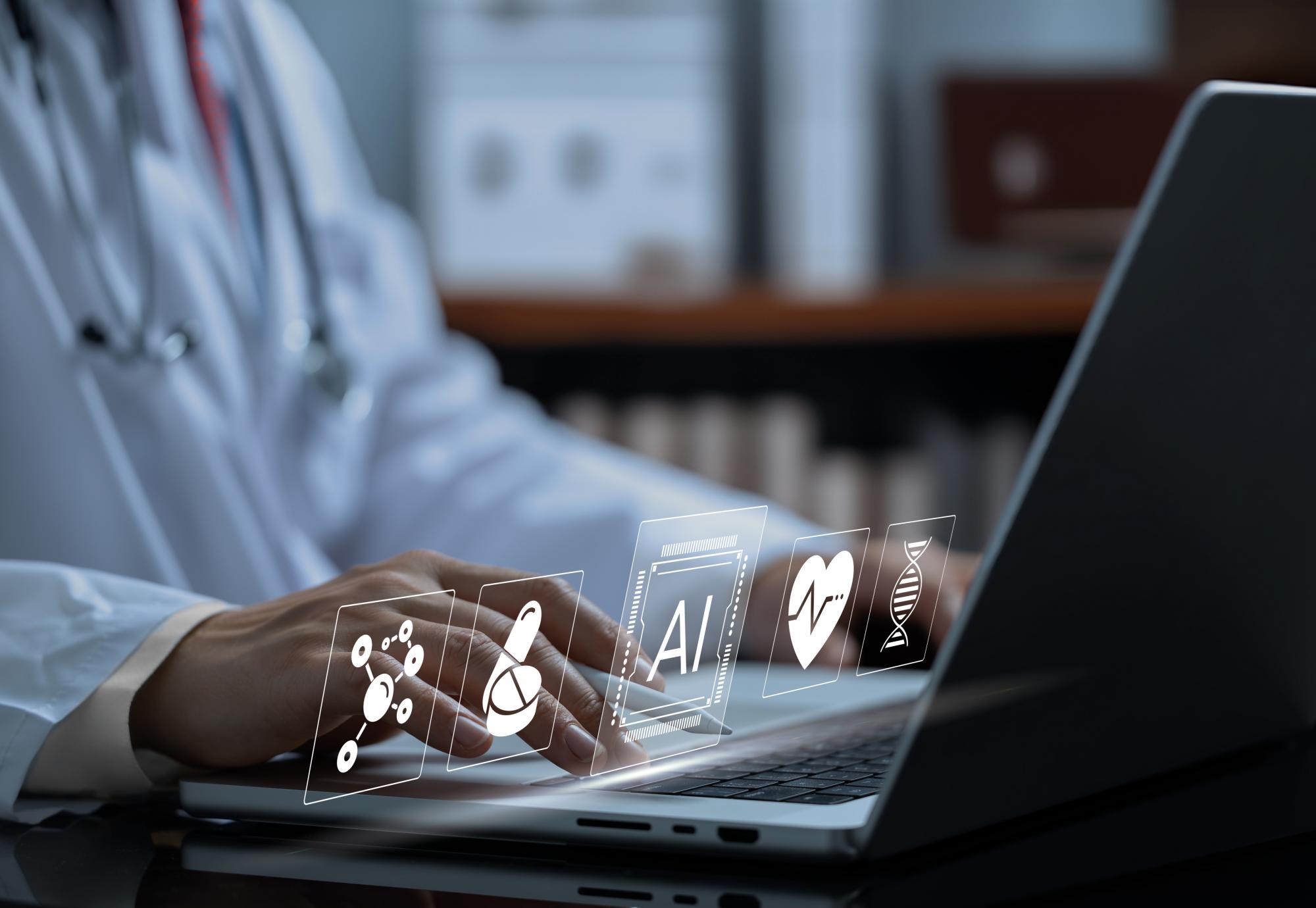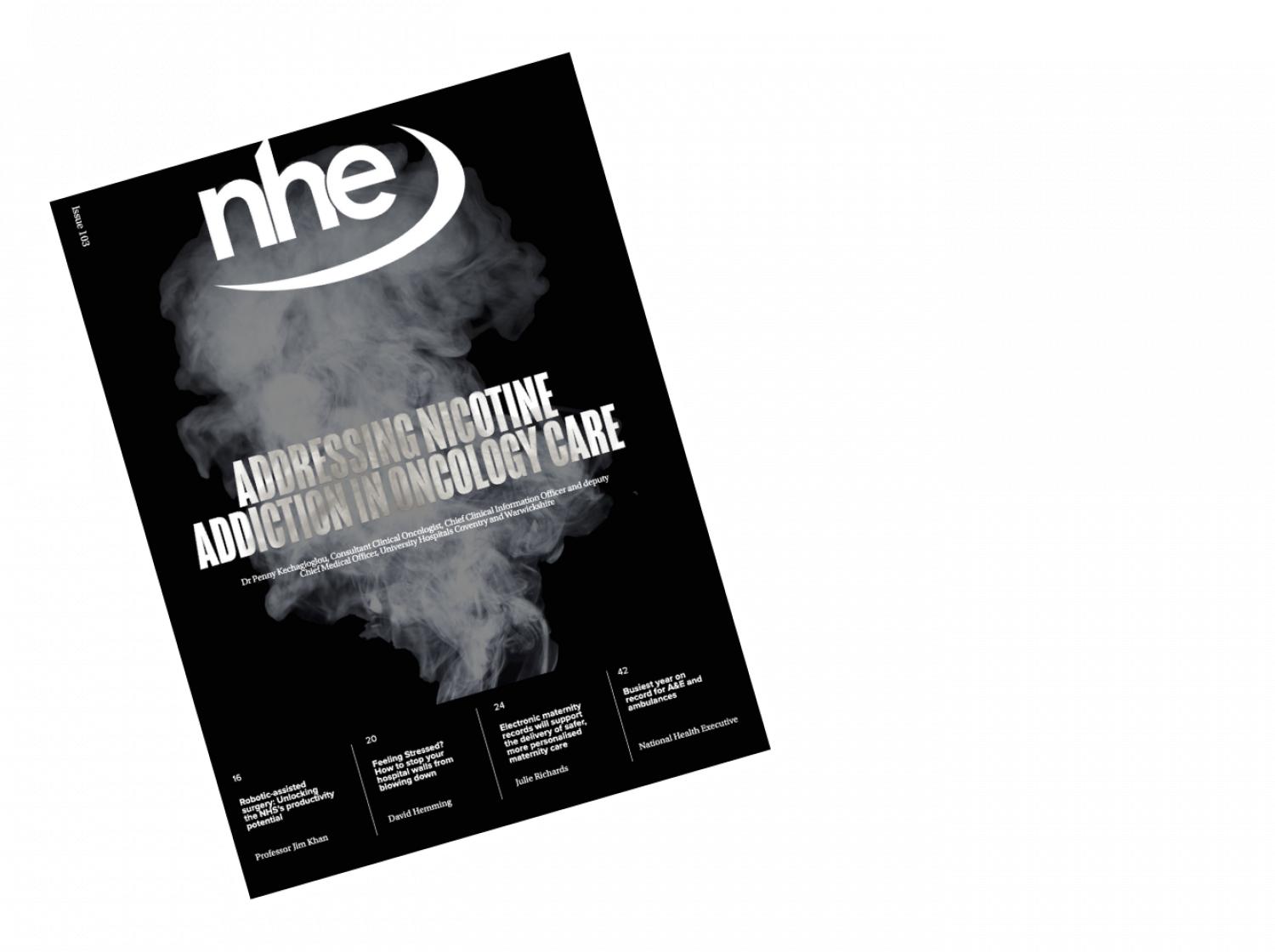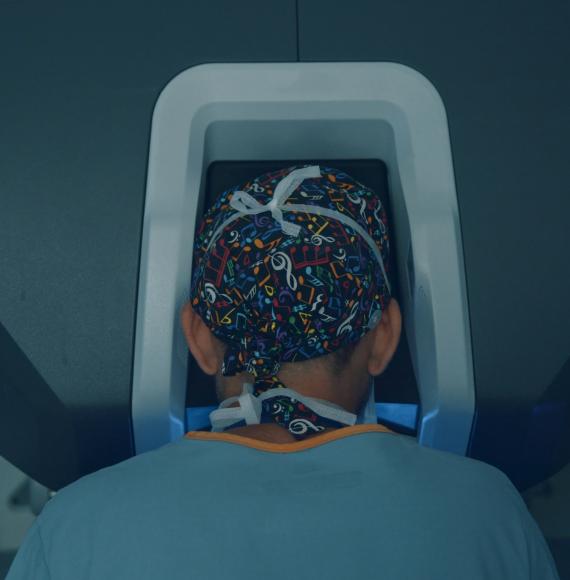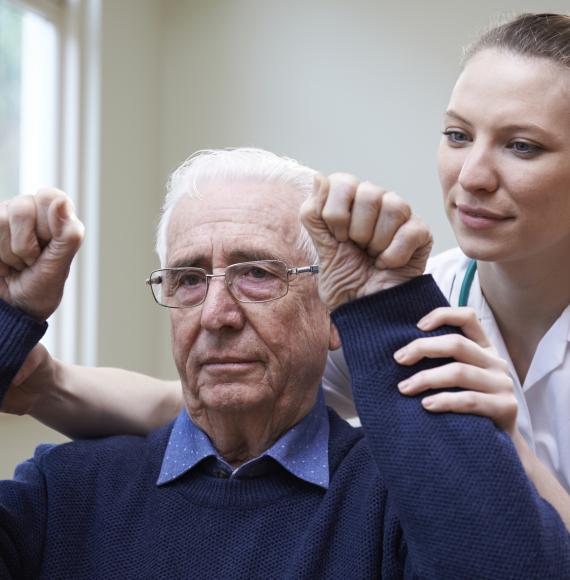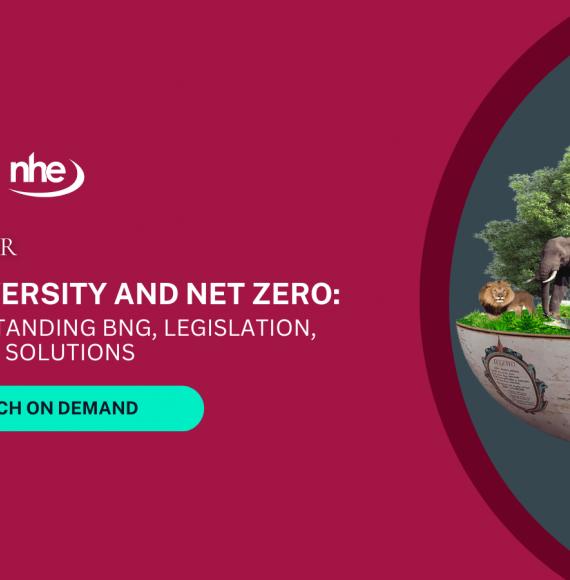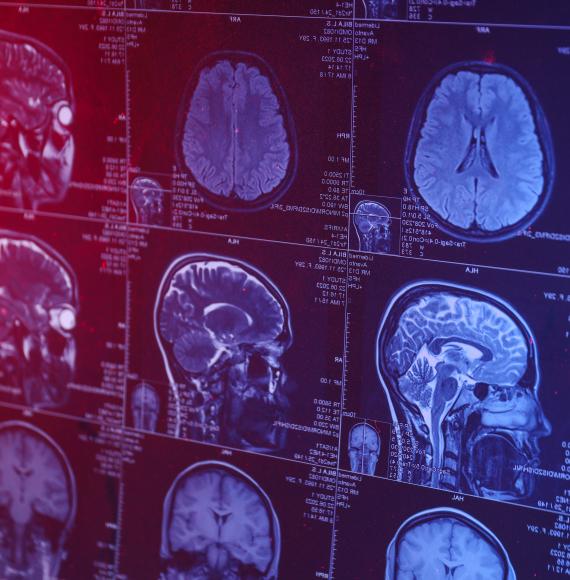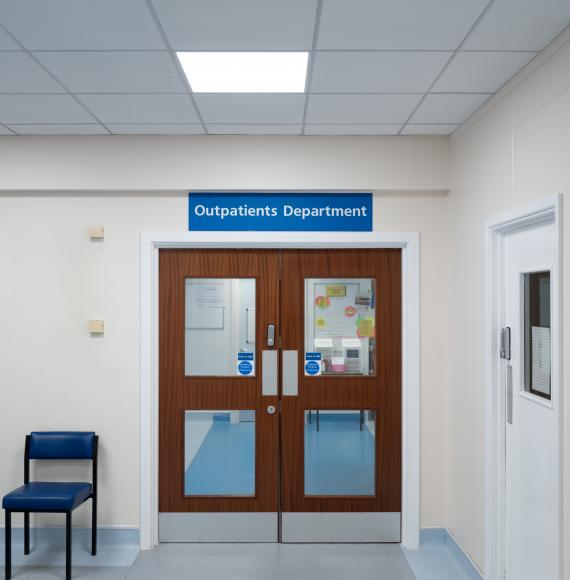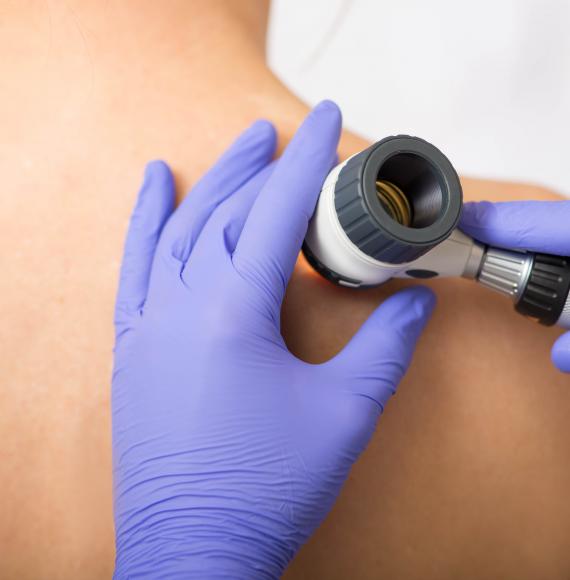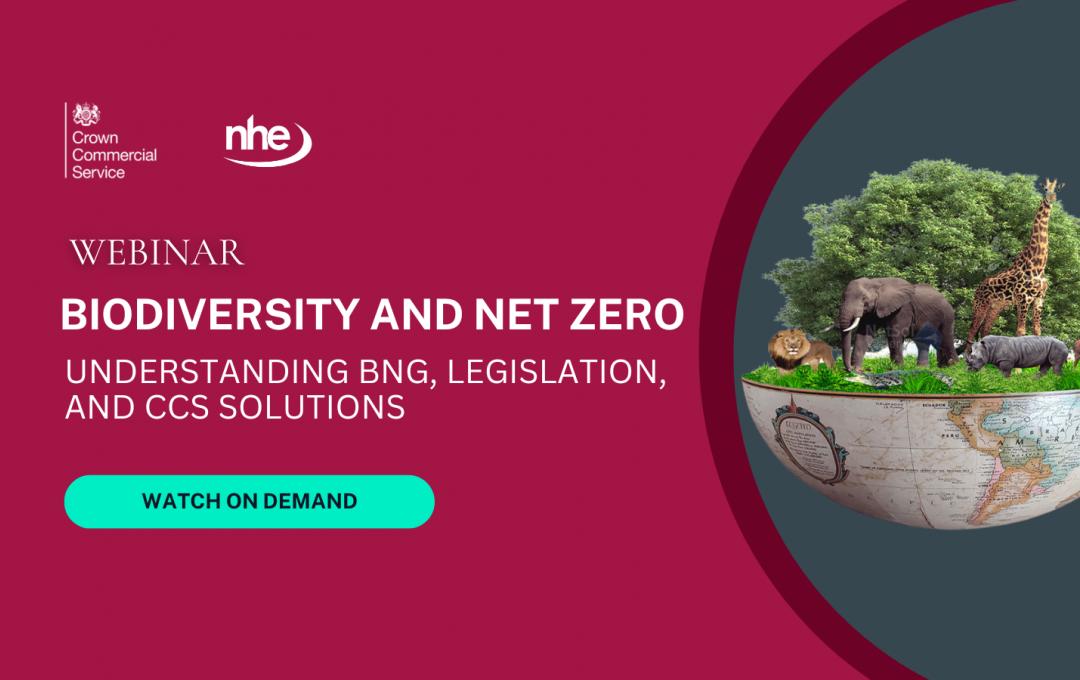NHS clinicians will be supported to use groundbreaking artificial intelligence tools that reduce bureaucracy and take notes, freeing up staff time and delivering better care to patients.
Guidance published today encourages the use of these products, which use speech technologies and generative AI to convert spoken words into structured medical notes and letters across primary and secondary care settings.
Interim trial data shows that this revolutionary tech has dramatically reduced admin, allowing more people to be seen in A&E, enabling clinicians to spend more time focusing on patients during appointments, and shortening appointment durations. The government’s Plan for Change aims to get the NHS back on its feet and slash waiting lists by driving forward the use of innovative tech to reform the health system and improve patient care.
One of the tools, ambient voice technologies (AVTs), can transcribe patient-clinician conversations, create structured medical notes, and draft patient letters. Patient safety and privacy are paramount, with guidance focusing on data compliance, security, risk identification, and ensuring staff are properly trained before using the technology.
Health Secretary Wes Streeting said:
“AI is the catalyst that will revolutionise healthcare and drive efficiencies across the NHS, as we deliver our Plan for Change and shift care from analogue to digital.
“I am determined we embrace this kind of technology, so clinicians don’t have to spend so much time pushing pens and can focus on their patients.
“This government made the difficult but necessary decision at the Budget to put a record £26 billion into our NHS and social care including cash to roll out more pioneering tech.”
The NHS England-funded, London-wide AVT work, led by Great Ormond Street Hospital for Children, has evaluated AVT capabilities across various clinical settings, demonstrating widespread benefits. Interim data shows:
- Increase in direct care: Clinicians spend more time with patients rather than typing on a computer.
- Increase in productivity in A&E: The technology supports more patients in emergency departments by carrying out admin tasks for A&E staff.
At GOSH, AVTs have listened to consultations and drafted clinic notes and letters, which were then edited and authorised by clinicians before being uploaded to the secure electronic health record system and sent to patients and their families. Clinicians agreed that AI helped them offer more attention to patients without affecting the quality of clinic notes or letters.
The Jean Bishop Integrated Care Centre in East Hull has introduced an ambient scribing product to make their documentation process faster and better support their work in caring for people living with frailty. By converting conversations with patients into clinical notes, the ambient scribing product frees up time for various staff, including GPs, consultants, nurses, and physiotherapists.
Thanks to government action, GP surgeries delivered 31.4 million appointments last month, a 6.1% increase on the previous year, and waiting lists have fallen by 219,000 patients. This technology will help consolidate this progress. The government is already using AI to speed up diagnosis and treatment for various health issues, such as spotting pain levels for people who can’t speak, diagnosing breast cancer quicker, and getting people discharged faster.
Image credit: iStock

